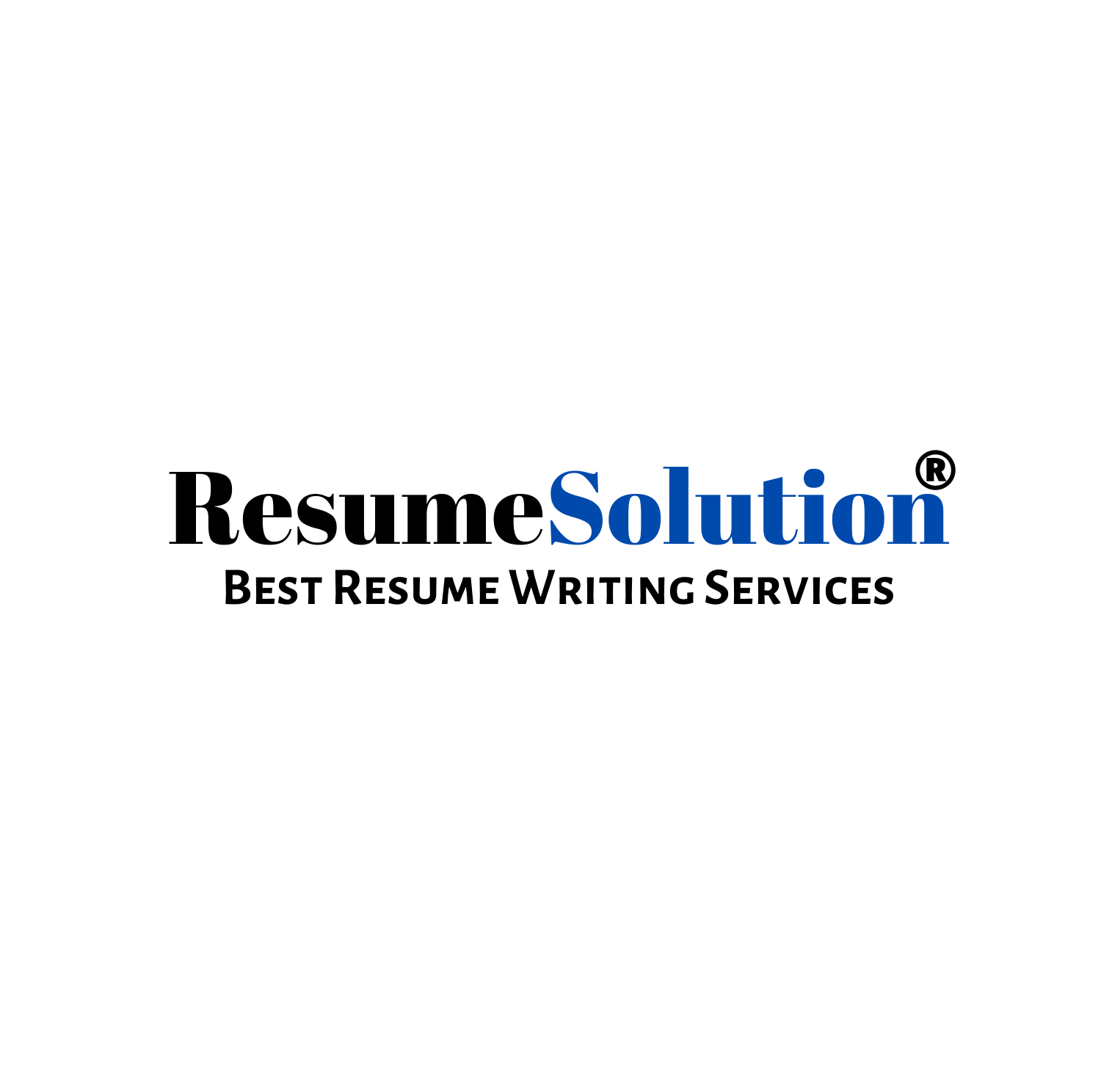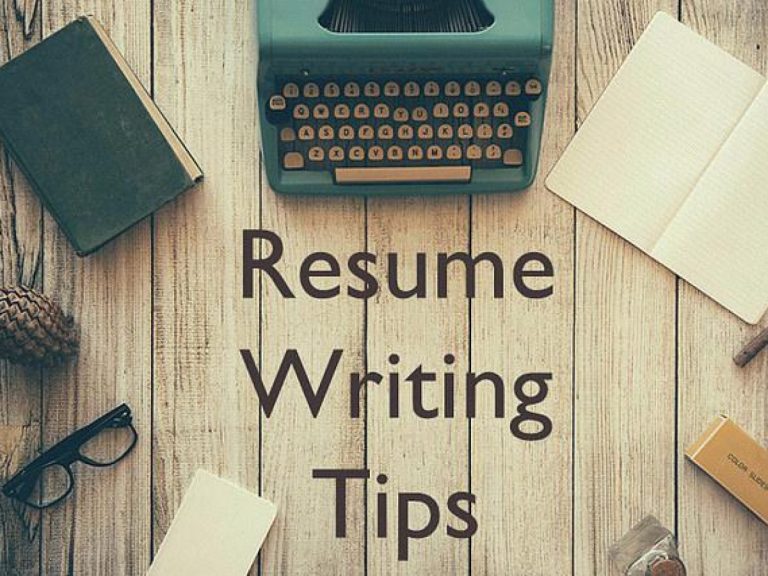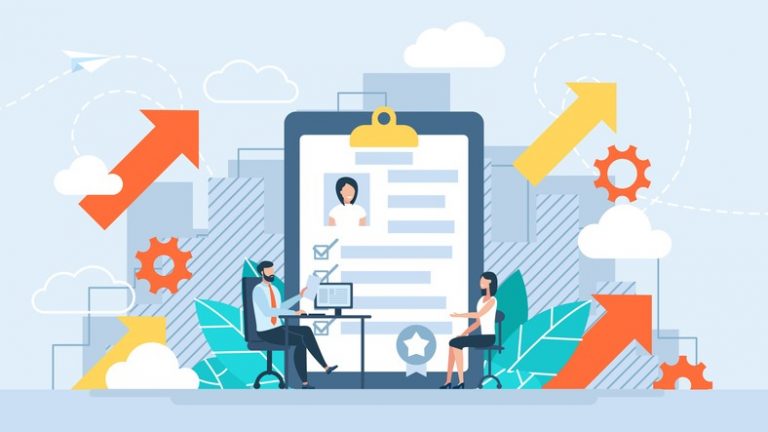Common tricky interview questions and Tips on how to answer them

Here are some common tricky interview questions and tips on how to answer them, along with examples:
1. “Tell me about yourself.”
- Purpose: To gauge your ability to summarize and highlight the most relevant parts of your experience.
- How to Answer: Focus on your professional background, key skills, and what you bring to the role. Keep it concise and relevant.
- Example: “I have over five years of experience in digital marketing, with a strong focus on content strategy and SEO. I’ve led several successful campaigns that increased organic traffic by 40% for my previous employer. I’m particularly excited about this role because it aligns with my experience and passion for creating data-driven marketing strategies.”
2. “What is your greatest weakness?”
- Purpose: To assess self-awareness and honesty.
- How to Answer: Mention a real weakness, but follow up with how you’re working to improve it.
- Example: “I sometimes struggle with delegating tasks because I like to ensure everything is done perfectly. However, I’ve been working on this by trusting my team more and focusing on mentoring to help them grow.”
3. “Why do you want to leave your current job?”
- Purpose: To understand your motivations and see if you’re running away from something or towards something better.
- How to Answer: Be honest but avoid speaking negatively about your current or past employers.
- Example: “I’ve enjoyed my time at my current company and have learned a lot. However, I’m looking for new challenges and opportunities to grow, particularly in a company like yours that values innovation and professional development.”
4. “Where do you see yourself in five years?”
- Purpose: To see if your career goals align with the company’s direction.
- How to Answer: Focus on growth within the company and your professional development.
- Example: “In five years, I see myself taking on more leadership responsibilities within this company, possibly leading a team or managing larger projects. I’m excited about the potential to grow my skills and contribute to the company’s success.”
5. “Why should we hire you?”
- Purpose: To assess your confidence and ability to articulate your value.
- How to Answer: Highlight your unique strengths and how they align with the job requirements.
- Example: “I bring a combination of strong analytical skills and creative problem-solving abilities, which have consistently helped me deliver high-impact results in my previous roles. I believe my experience in [specific skill relevant to the job] makes me a strong fit for this position, and I’m excited to bring my expertise to your team.”
6. “Describe a difficult work situation and how you overcame it.”
- Purpose: To evaluate your problem-solving and conflict-resolution skills.
- How to Answer: Use the STAR method (Situation, Task, Action, Result) to structure your answer.
- Example: “In my previous role, we were facing a tight deadline for a major project, and one of our key team members fell ill. I stepped in to manage their tasks in addition to my own, reorganized the workflow to prioritize critical tasks, and collaborated closely with the rest of the team. We not only met the deadline but also exceeded the client’s expectations.”
7. “What is your salary expectation?”
- Purpose: To see if your expectations align with the company’s budget.
- How to Answer: Research the market rate for the position and provide a range, emphasizing your flexibility.
- Example: “Based on my research and experience, I believe a salary in the range of $70,000 to $80,000 is appropriate for this role. However, I’m open to discussing this further based on the complete compensation package.”
8. “Why do you want to work here?”
- Purpose: To see if you’ve researched the company and understand its values and goals.
- How to Answer: Mention specific aspects of the company that attract you, such as culture, mission, or growth opportunities.
- Example: “I’ve always admired your company’s commitment to innovation and sustainability. The way you integrate these values into your products and corporate culture is impressive, and I’m eager to contribute to such a forward-thinking organization.”
9. “Tell me about a time you failed.”
- Purpose: To assess your ability to learn from mistakes.
- How to Answer: Be honest, but emphasize what you learned and how you improved afterward.
- Example: “In a previous project, I underestimated the time required to complete a critical task, which led to delays. I took responsibility for the mistake, communicated openly with the team, and we worked overtime to get back on track. Since then, I’ve improved my time management skills by breaking down tasks more effectively and setting more realistic deadlines.”
10. “Do you have any questions for us?”
- Purpose: To gauge your interest in the role and company.
- How to Answer: Ask thoughtful questions about the company’s future, team dynamics, or growth opportunities.
- Example: “Can you tell me more about the team I’d be working with? How do you measure success in this role? What are the opportunities for professional development?”
These responses can help you navigate tricky interview questions and present yourself as a thoughtful and well-prepared candidate.
Get your free resume analysis from our expert team today to ensure that you never miss your chance to make a great first impression!
- 9 Solutions Architect Resume Examples for Your Job Search
- How to Find the Right Keywords to Beat the ATS (Applicant Tracking System)
- Resume Writing Tips to Help You Stand Out
- Best Resume Formats for Jobs: Examples and Templates
- How to Write a Recent Graduate Resume: A Comprehensive Guide with Examples






